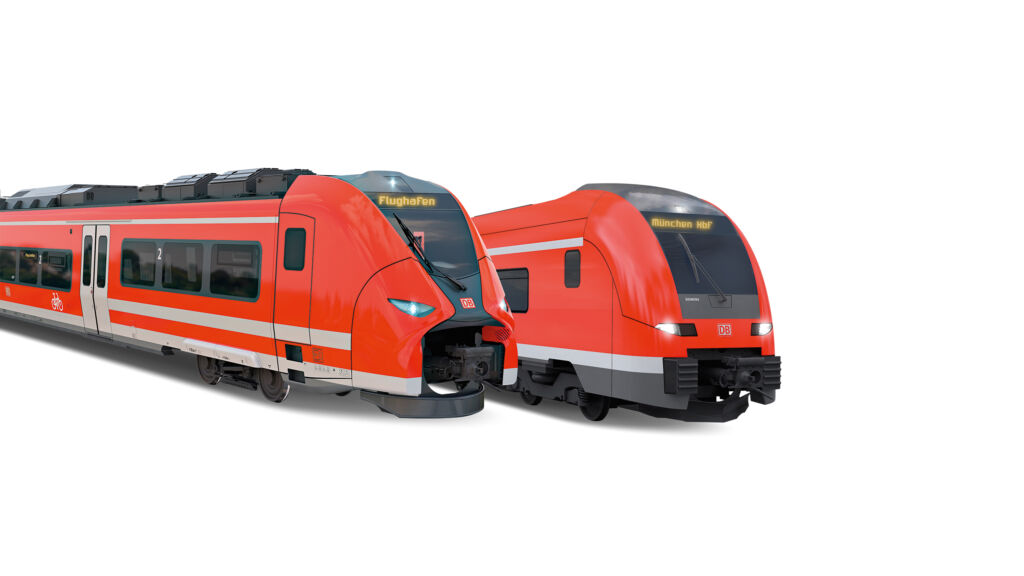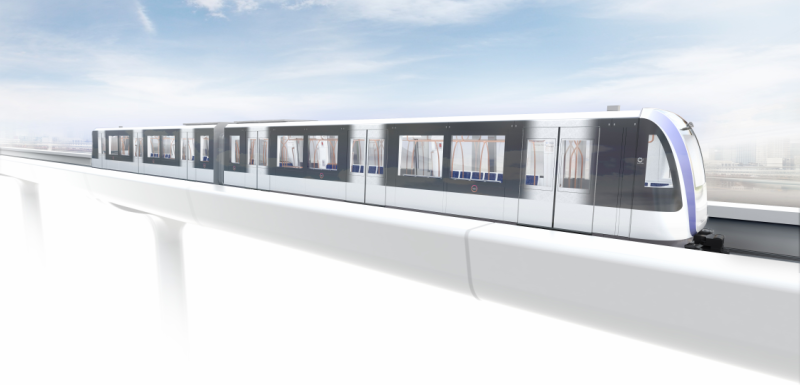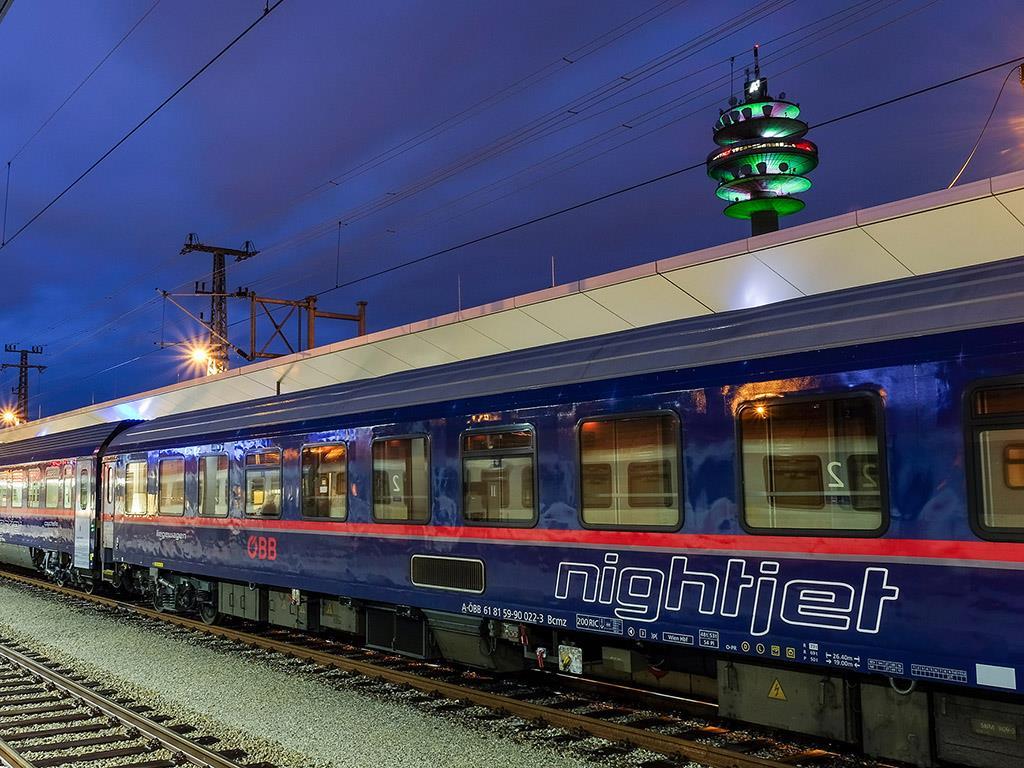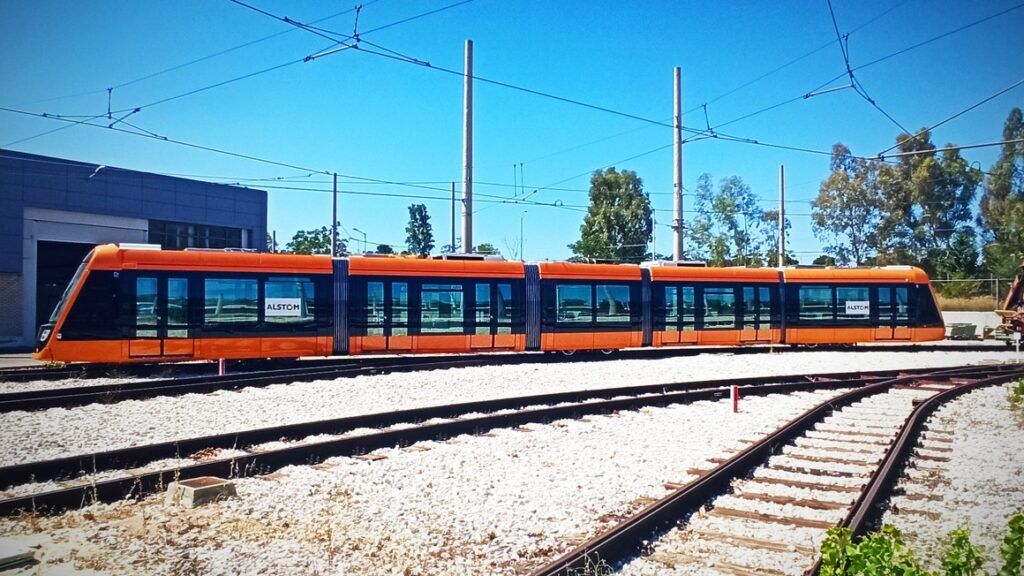DB Regio Bayern and Siemens Mobility Sign Contract for 31 Regional Trains
DB Regio Bayern has ordered 31 regional trains from Siemens Mobility. The trains will serve on routes between Munich, Passau and Regensburg. Siemens Mobility will be delivering 25 double-decker Desiro HC trainsets and six single-decker…



